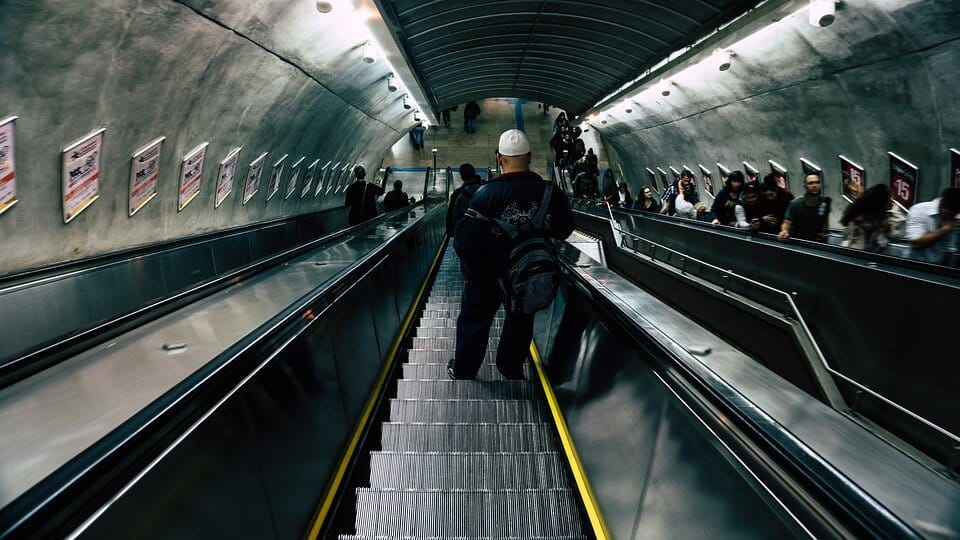No one cared who I was until I put on the mask
The Editor-in-Chief wonders about one of the few silver linings in the current global situation

Here we are: in a new term, with a new website, and a new lease on life. I use that phrase deliberately based on the troubled relationship of students and landlords; a lease can indeed feel like a noose.
I’m sure a lot of you, like me, have been struggling with the current situation. We’ll be covering how that has affected our community, our students and staff, and the wider world in future Felix articles, but in these editorials I want to try to focus on some of the small silver linings that have arisen. I quite enjoy being able to work in my pajamas, given how often I’ve missed them while doing all-nighters at the office this year.
There’s another more interesting bright side I’ve noticed, however.
London is famous for its cold-shouldered, hustling-and-bustling legions of zombie-like commuters. Beyond that, many areas lack the sense of joint community that’s traditionally part of the British experience. We don’t have friendly local ‘coppers’, but rather a semi-militant enforcing agency. We don’t tend to speak to our neighbours, despite living beside them for years. It’s especially prevalent in the tight urban sprawls closer to the centre, where ‘residential’ areas feel to only be so in name, and where students also tend to live.
For those of you who commute in - how regularly do you see some of the same people on the tube? Have you ever spoken to them, despite spending dozens of days sitting opposite?
Have you ever made eye contact with someone on the tube and not felt an immediate sense of shame? I haven’t.
It’s not hostility, as such; it’s a stalwart indifference to the people around us that becomes almost like armour against the ceaseless audiovisual stimulus that a day in the capital thrusts upon us. Making even simple eye contact begins to feel intrusive, rather than a friendly and respectful gesture to a fellow human.
What fascinates me is how quickly this has changed now.
Quarantine and social isolation have, for many of us, closed off that cacophony and made us retreat into a smaller world. Suddenly, we’re not commuting, and we’re not marching down streets teeming with people. We’re in our homes, limited to just our little communities of flatmates and the odd person we see when popping to the shop. The effect I’ve noticed has been enormous. With the end of that overstimulation, the armour falls away.
We peer out at the world through masks, and suddenly, the world is looking back.
I received a note through the letterbox, telling me about a new app my neighbourhood is using to stay in touch. I made eye contact with someone in Tesco as we stepped around eachother to ensure social distancing, both of us giving that slightly apologetic half-laugh, and it felt natural rather than awkward - both of us paying homage to the weary way of the current world with a ‘what can you do’ shrug. Christ, someone I didn’t even know waved at me the other day. Imagine that.
Paying attention to the people around us has not become encouraged, or something wistfully pined after by those who wish we could go back to ‘the good old days’. It’s become mandatory. A lot of people seem surprised that they don’t actually hate that. Even as an apologetically introverted person writing this editorial from the dungeon-like lair I’ve made my room into, I find myself enjoying the feeling of being part of a little local community.
Specifically, a community of people who don’t talk to eachother much - not yet - but have finally woken up to the fact that there are thousands of people on their doorstop who they’ve never really interacted with as human beings, but only as wooden obstacles to be avoided.
I think it’s especially important in these times to keep community close to our hearts - whether that’s your local community, or the community we all share at Imperial. Stay open, stay in contact, (read Felix), and engage.





